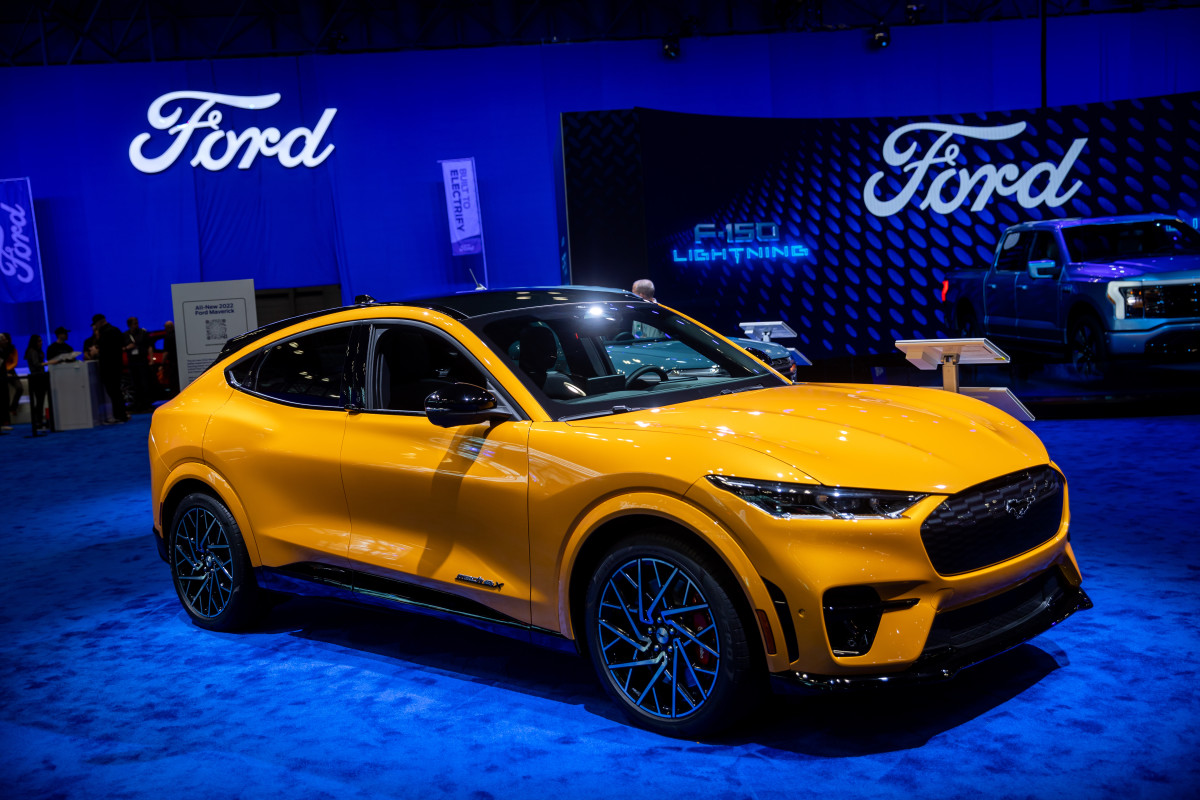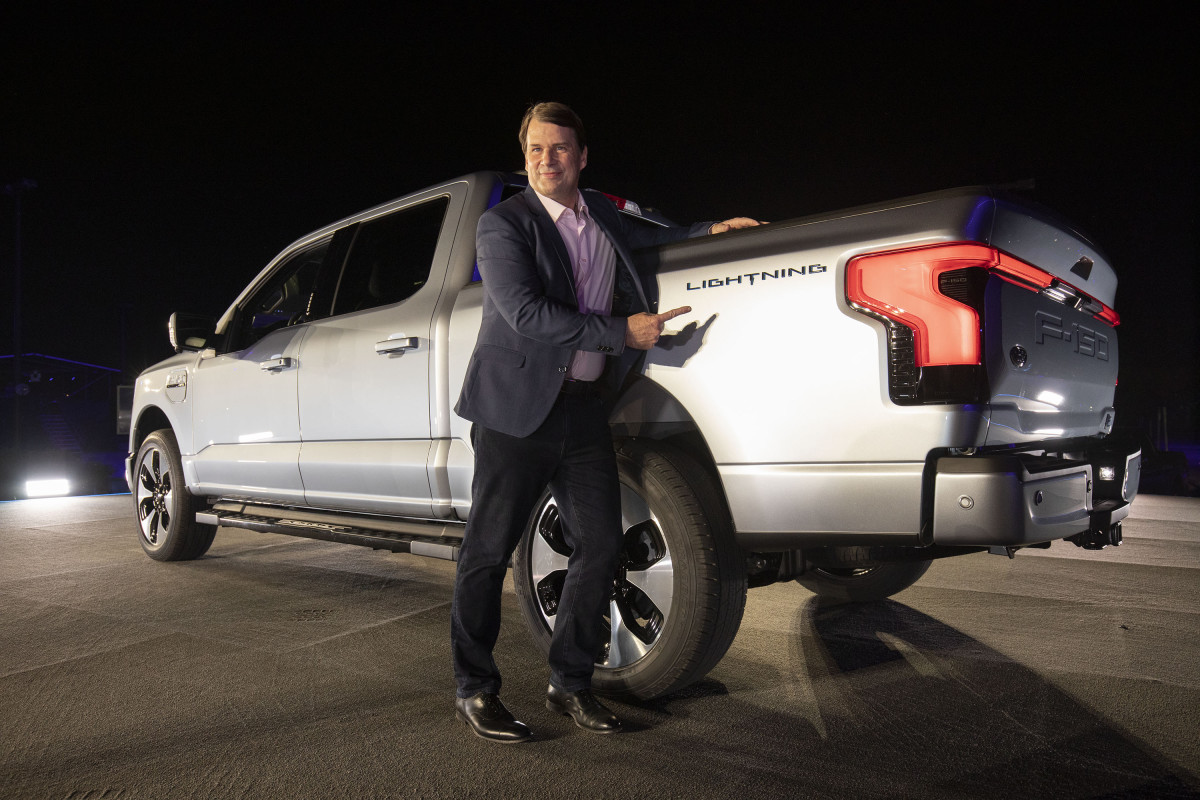
Just a day before Ford (F) -) reported its third-quarter earnings, the United Auto Workers union announced a conclusion to its Ford strike after reaching a tentative agreement with the automaker. The agreement, which still needs to be ratified by the union's membership, features a 25% wage boost over the next four years, as well as a reinstatement of cost-of-living adjustments and other benefits.
But the 40-day-long strike certainly had an impact on Ford's financials, costing $1.3 billion so far, according to the company. Chief financial officer John Lawler said that, if ratified, the deal will add between $850 and $900 to the cost of each vehicle, an expense that Ford will attempt to offset by finding "productivity and efficiencies and cost reductions throughout the company."
Related: Former Ford CEO warns automakers of Tesla's edge amid mounting auto strikes
Due to the ongoing uncertainty created by the strikes — additional expenses and a lack of clarity around the time it will tack to ramp production back up to normal levels — Ford pulled its full-year guidance, with Lawler noting that the company, before the strikes, had been "on track to comfortably deliver our full-year adjusted EBIT guidance of 11 billion to 12 billion."
Ford shares, closing the previous session down 1.65%, fell more than 3.5% in pre-market trading.
Ford reported adjusted earnings of 39 cents per share, below the Street consensus of 45 cents. The company additionally missed on revenue expectations, reporting $43.8 billion, below consensus estimates of $43.94 billion.

"The strength of our products and revenues and businesses definitely came through in our results," CEO Jim Farley said in a statement. "But at the same time, we were never negatively impacted by the strike, and our cost and quality remain a drag on our business."
Ford, still bullish on electric vehicles, announced that it will be delaying about $12 billion in previously announced investments in the sector.
“The transition to EVs is well underway. Adoption is growing, even if pace is slower than what the industry, including us, expected,” Lawler said. “Along the way, we’re going to balance production of gas, hybrid and electric vehicles in ways that many companies can’t, based on what consumers want.”
Get investment guidance from trusted portfolio managers without the management fees. Sign up for Action Alerts PLUS now.







